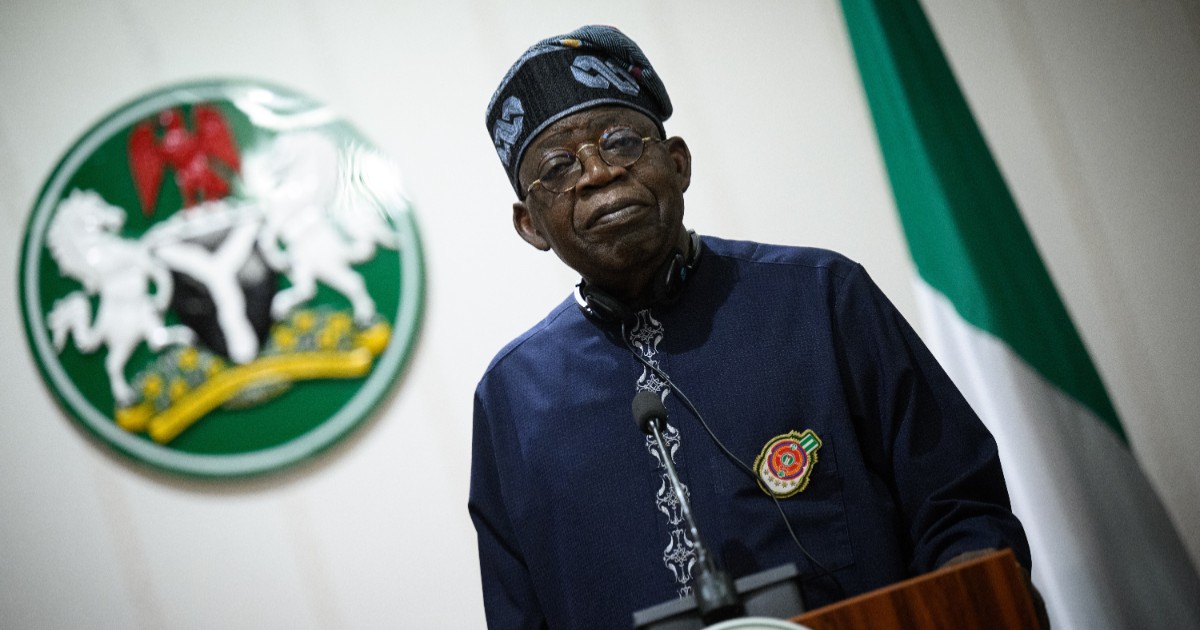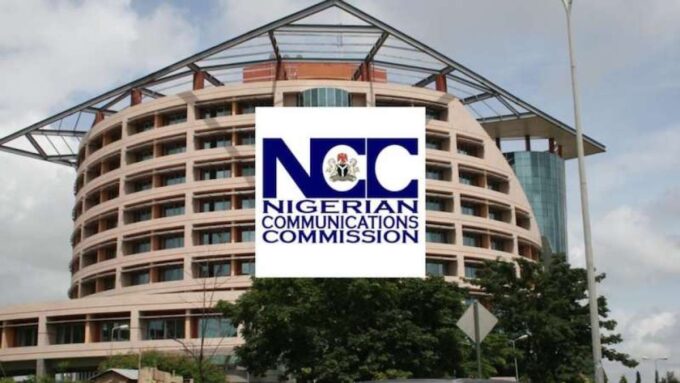From Adanna Nnamani, Abuja
President Bola Tinubu has inaugurated the $400 million Otakikpo crude oil export terminal in Ikuru Town, Andoni Local Government Area of Rivers State, the first new onshore crude export terminal in Nigeria in over 50 years.
Tinubu described the project, also the first to be fully developed by an indigenous company, Green Energy International Limited (GEIL), as a key achievement that aligns with his administration’s Renewed Hope Agenda, which aims to expand energy infrastructure, deepen local participation, and ensure energy security.
Represented by the Minister of State for Petroleum Resources (Oil), Senator Heineken Lokpobiri, the president said: “This project is very significant because one of the biggest challenges we face in the oil and gas industry is evacuation. This terminal will not only serve Green Energy but also other operators in this region. It aligns perfectly with our objective to ramp up production and showcase the capacity of indigenous companies.”
He reaffirmed that oil and gas will continue to play a crucial role in Nigeria’s development despite global shifts toward renewable energy.
According to him, “Oil and gas will never go away. The International Energy Agency has now admitted that the world must invest over $540 billion yearly in the upstream sector to avoid an energy crisis. We cannot abandon our God-given resources.”
The President also disclosed that the Federal Government was engaging with Ogoni leaders to resolve longstanding issues that have hindered oil production in their communities. “Once the Ogoni issue is resolved, this terminal will serve as a key evacuation point for crude produced there,” he said.
Tinubu further announced that the African Energy Bank, to be hosted by Nigeria, would soon become operational to address Africa’s funding challenges in the energy sector, noting that the country has met all legal and financial obligations.
He urged Niger Delta communities to maintain peace and collaborate with operators, stressing that oil and gas only create value when produced.
Also speaking, Chief Executive Officer of the Nigerian Upstream Petroleum Regulatory Commission (NUPRC), Engr. Gbenga Komolafe, described the Otakikpo Terminal as a turning point in Nigeria’s upstream oil landscape.
Komolafe noted that the terminal, with an initial storage capacity of 750,000 barrels and expandable to three million, would enhance Nigeria’s export efficiency, reduce pressure on aging infrastructure, and empower indigenous operators to compete globally.
“For over half a century, our crude export infrastructure has been dominated by Bonny, Escravos, Forcados, Qua Iboe, and Brass terminals, all built by international oil companies. The commissioning of the Otakikpo Terminal today changes that story and marks the dawn of a new era of indigenous participation, he stated.
Earlier in his remarks, Chairman and Chief Executive Officer of GEIL, Professor Anthony Adegbulugbe, described the commissioning as a historic day that showcases Nigeria’s capacity to deliver world-class oil and gas infrastructure.
He explained that the facility, designed and executed entirely by Nigerian professionals, was completed in less than two years, ahead of schedule.
Adegbulugbe said the terminal would serve as a catalyst for national renewal, unlocking over 40 stranded fields in the region with estimated reserves exceeding three billion barrels of crude oil.
“For over fifty years, Nigeria has relied on only five major onshore crude export terminals. With the commissioning of the Otakikpo Onshore Terminal, that story changes.
“This is the first new onshore terminal in over half a century, and the only one conceived, built, and operated by an indigenous exploration and production company.
These fields alone could contribute more than 200,000 barrels per day to Nigeria’s production,” he said.

















Leave a comment